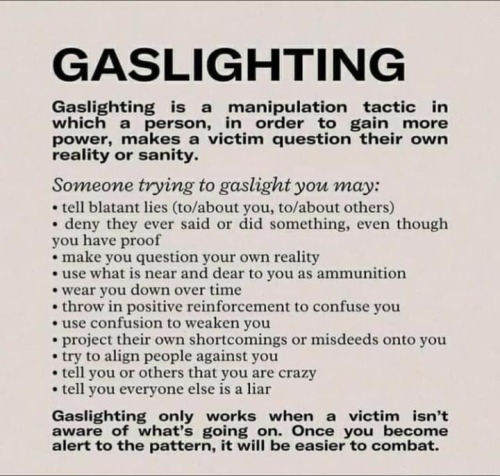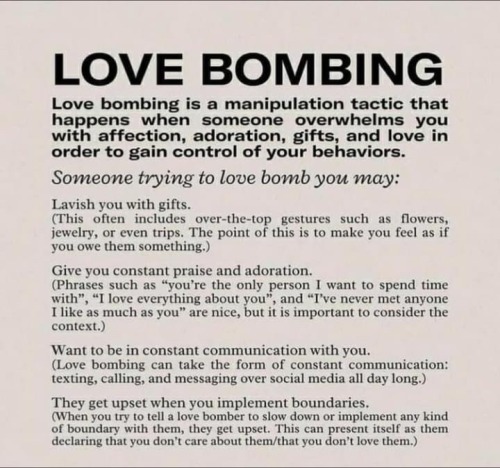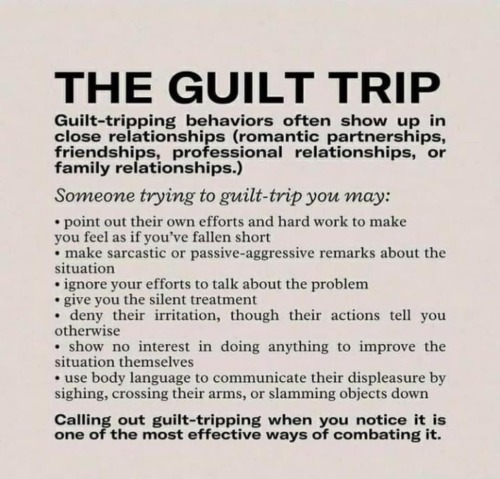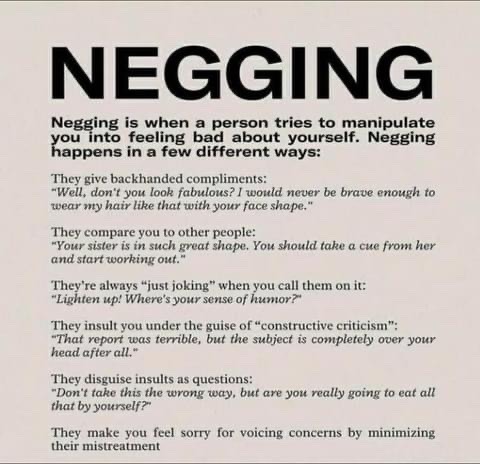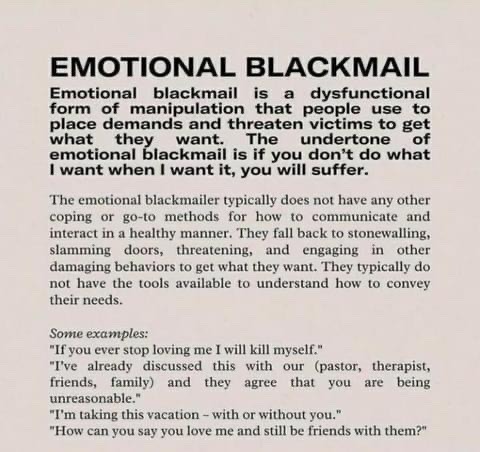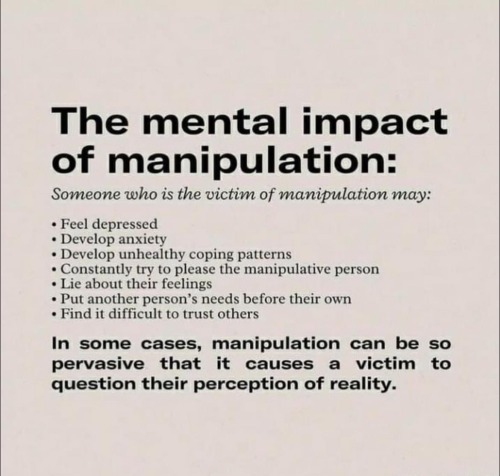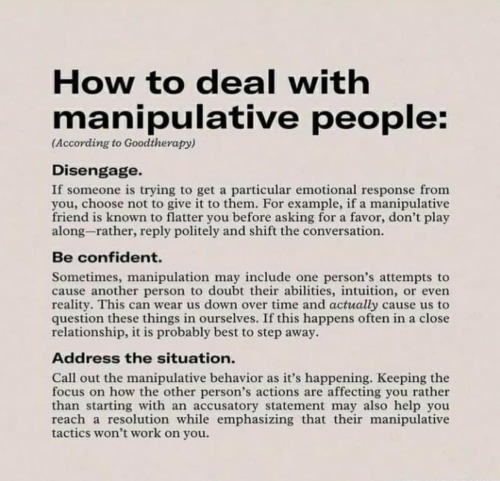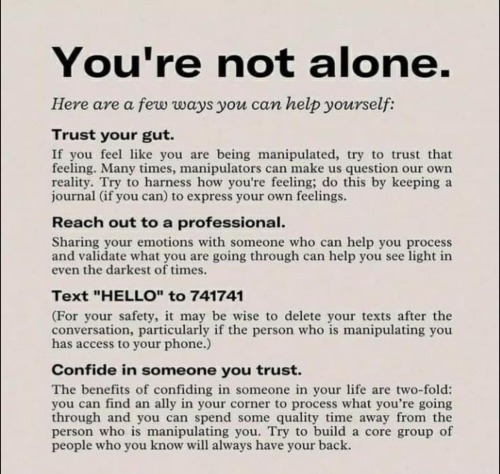If You Feel Like Your Bipolar Doesnt Present In The Same Way As Other People’s Its Okay.
if you feel like your bipolar doesnt present in the same way as other people’s its okay.
if you feel like you dont relate to other people with bipolar disorder its okay.
if you feel like you dont experience symptoms that you “should” or you do experience symptoms that you “shouldnt” its okay.
youre not secretly faking.
bipolar disorder is a complex mental illness that wont look the same on everyone. whatever it looks like on you is a normal way for bipolar disorder to look. you’re valid and loved and welcome in our community.
More Posts from Bipolaruchiha and Others
i feel like tumblr has kind of changed the meaning of the word "echolalia" into something that can be more precisely described with "vocal stimming." people on here use echolalia to mean "repeating a word or phrase over and over because it feels good" which fits the definition of vocal stimming. that's the established term for doing that; echolalia usually means something else.
the classic meaning of echolalia isn't repeating a word that sounds good, but is actually a conversational pattern where one person repeats the last thing that got said. for example, someone might say to me, "i'll bring you the rest of the articles tomorrow" and i'll reply back "articles tomorrow." it could also be just repeating yourself after you've finished talking, like i'll say a sentence, think i'm done, then catch myself repeating the last few words of the sentence.
i also do this in ASL, so it isn't just about the mouth-feel of the words. also the words don't necessarily have to be particularly pleasing or stand out in any way. when i do it, i'm not even really trying to communicate anything, it's just how i process language. that's different from vocal stimming, which is when a word is so pleasing to say that you say it over and over again.
the reason i care about this distinction is that echolalia is a majorly stigmatized feature of autism (though it also occurs in other neurodevelopmental conditions that affect language). it's often seen as a sign that an autistic person is "low functioning" or as something to be trained out through ABA. i've never met another autistic adult with echolalia, and when i do it, it confuses the hell out of whoever i'm talking to unless they know about it as an autistic thing. i just hope that other autistic people with echolalia know that they aren't the only one who does this, and it isn't anything to be ashamed of
if you’re a mentally ill adult, especially if you’re psychotic or have bipolar, i highly recommend you look into getting a psychiatric advance directive. basically they’re a form you can fill out where you can specify what kind of treatment you want and don’t want in the case that you ever get legally declared incompetent. normally, getting declared incompetent means that psychiatrists take away your right to make decisions about your mental health care. for example, they can force you to take medications you don’t want or institutionalize you longterm without your consent. also the state appoints someone they choose to legally “consent” in your place.
what a psychiatric advance directive does is put limits on what the psychiatrists assigned to you can do. you can appoint your own person to be your legal representative, someone you trust who knows you and cares about you. you can also specify what hospitals you don’t want to be sent to or what doctors you don’t want to see or medications you don’t want to take or whether or not you consent to electroconvulsive treatment. you can also say what you do want, like i put down that they decided to institutionalize me, i wanted it to be at a specific psych ward i’d already been to and had a not terrible time at. and now, if i ever get declared incompetent, psychiatrists are legally not allowed to put me back on the meds that gave me a seizure.
nobody wants to be legally declared incompetent. it’s really scary to think about, but it does happen, especially to people with psychosis or bipolar disorder. it’s better to have legal safeguards in place ahead of time and not need them than to get declared incompetent and not have an advance directive
What is the difference though? /Gen
so this is coming from what i've learned in hospitals/psych wards/my own experience so it's not perfect but basically, everything with psychosis is rooted in a disconnect from reality while gad is linked to anxiety surrounding the present and future. there is no logical connection with psychotic anxiety and paranoia bc your brain is literally pulling shit out of thin air. bc of that, it is a lot harder to calm down bc you have to find a way to wrap your head around the fact that it isn't real. it can also be practically impossible to do that for some people, meaning the anxiety and paranoia are near constant. the paranoia is often tied to delusions-- so, once again, no reality-- and can be of the wildest shit that don't make sense. for example: someone with gad might be scared someone broke into their house and feel anxious. i get scared that doctors broke into my house to experiment of me and get anxious. same feeling but very different causes. someone with gad might be able to walk around the house and check the locks and calm themselves down. i could do that and still be terrified bc my fear isn't logical.
does that make sense? i can try and explain more if need be!
Reminder: Spring is coming so take the time now to update your mania crisis plan
Not to sound like a 90s shallow prep, but how you dress can affect your self esteem, and putting energy into wearing things you actively like and projecting an ideal of yourself through fashion instead of seeing clothes as things you have to put on out of obligation helps.
It also can give you a sense of control over your appearance that you otherwise wouldn’t have lmao
"I support people with POCD as long as they seek help and don't act on their urges" people with POCD don't HAVE "urges" they have intrusive thoughts that they are disgusted and horrified by and would never act on, please learn the difference
-
 spicyliumang reblogged this · 2 years ago
spicyliumang reblogged this · 2 years ago -
 lavendersmoker reblogged this · 3 years ago
lavendersmoker reblogged this · 3 years ago -
 lavendersmoker liked this · 3 years ago
lavendersmoker liked this · 3 years ago -
 coffinjest liked this · 3 years ago
coffinjest liked this · 3 years ago -
 eternallyanxiousandstressed reblogged this · 3 years ago
eternallyanxiousandstressed reblogged this · 3 years ago -
 eternallyanxiousandstressed liked this · 3 years ago
eternallyanxiousandstressed liked this · 3 years ago -
 bipolarspacebabe reblogged this · 3 years ago
bipolarspacebabe reblogged this · 3 years ago -
 spacebutgay liked this · 3 years ago
spacebutgay liked this · 3 years ago -
 91starchaser liked this · 3 years ago
91starchaser liked this · 3 years ago -
 perpetualwhirlpoolofconfusion liked this · 3 years ago
perpetualwhirlpoolofconfusion liked this · 3 years ago -
 tryingtofindmypurposeinlife reblogged this · 3 years ago
tryingtofindmypurposeinlife reblogged this · 3 years ago -
 tryingtofindmypurposeinlife liked this · 3 years ago
tryingtofindmypurposeinlife liked this · 3 years ago -
 boipohlah reblogged this · 3 years ago
boipohlah reblogged this · 3 years ago -
 kenstewdivorce reblogged this · 3 years ago
kenstewdivorce reblogged this · 3 years ago -
 bipolarcorner reblogged this · 3 years ago
bipolarcorner reblogged this · 3 years ago -
 p1ecesmended reblogged this · 3 years ago
p1ecesmended reblogged this · 3 years ago -
 birdbooks7 liked this · 3 years ago
birdbooks7 liked this · 3 years ago -
 bipolaruchiha reblogged this · 3 years ago
bipolaruchiha reblogged this · 3 years ago -
 dreaml0gic liked this · 3 years ago
dreaml0gic liked this · 3 years ago -
 vermilionpeachrings reblogged this · 3 years ago
vermilionpeachrings reblogged this · 3 years ago -
 vermilionpeachrings liked this · 3 years ago
vermilionpeachrings liked this · 3 years ago -
 sigynbrynhildr liked this · 3 years ago
sigynbrynhildr liked this · 3 years ago -
 anaisbi liked this · 3 years ago
anaisbi liked this · 3 years ago -
 redcandieddust liked this · 4 years ago
redcandieddust liked this · 4 years ago -
 somethingclvr reblogged this · 4 years ago
somethingclvr reblogged this · 4 years ago -
 bipolarbipedal liked this · 4 years ago
bipolarbipedal liked this · 4 years ago -
 prettylittledragon reblogged this · 4 years ago
prettylittledragon reblogged this · 4 years ago -
 peevesiehasasideblog reblogged this · 4 years ago
peevesiehasasideblog reblogged this · 4 years ago -
 sbd-laytall reblogged this · 4 years ago
sbd-laytall reblogged this · 4 years ago -
 sbd-laytall liked this · 4 years ago
sbd-laytall liked this · 4 years ago -
 lenacarstairspotterstewart liked this · 4 years ago
lenacarstairspotterstewart liked this · 4 years ago -
 nblizzieforbes reblogged this · 4 years ago
nblizzieforbes reblogged this · 4 years ago -
 kendra-rose liked this · 4 years ago
kendra-rose liked this · 4 years ago -
 purgeshubble reblogged this · 4 years ago
purgeshubble reblogged this · 4 years ago -
 super-softtealeaf liked this · 4 years ago
super-softtealeaf liked this · 4 years ago -
 afropiscesism liked this · 4 years ago
afropiscesism liked this · 4 years ago -
 somethingclvr reblogged this · 4 years ago
somethingclvr reblogged this · 4 years ago -
 redtaylors-version reblogged this · 4 years ago
redtaylors-version reblogged this · 4 years ago -
 redtaylors-version liked this · 4 years ago
redtaylors-version liked this · 4 years ago
